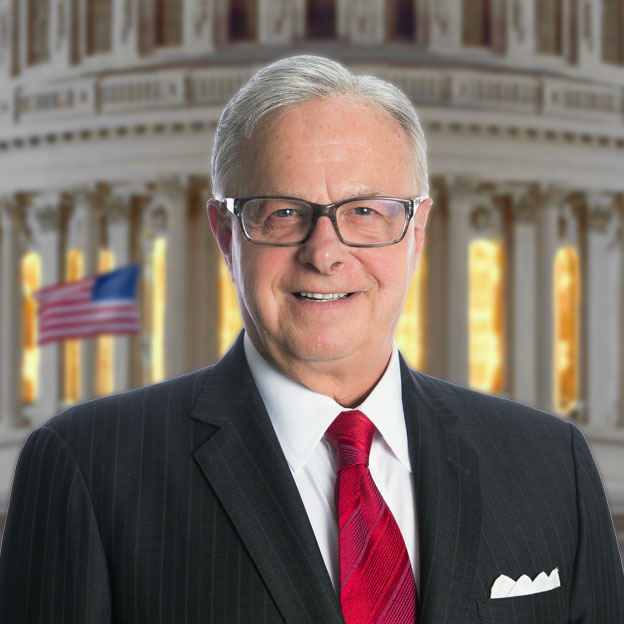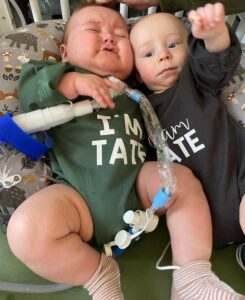By: Dave Totaro, Chairman of the Partnership for Medicaid Home-based Care
Below, please find an opinion piece authored by Dave Totaro—Chairman of the Partnership for Medicaid Home-based Care (PMHC) and BAYADA Home Health Care’s Chief Government Affairs Officer. This was originally published in the Scranton Times-Tribune on May 10, 2020.

Our nation’s frontline healthcare workers have been recognized during the COVID-19 pandemic, arguably more than ever before—and rightfully so. These essential workers put their health and safety on the line in order to make sure that the most vulnerable populations are taken care of. But these workers—particularly the caregivers that keep these individuals at home and out of riskier settings like nursing homes—deserve more than cheers, front lawn signs, and complimentary cups of coffee. It is time that our federal and state governments fairly compensate these brave and compassionate workers for the sacrifices that they are making during this critical time through Hazard Pay—that is, temporary increases in hourly wages for workers who are risking the most yet earning the least.
Congress has passed three stimulus bills so far, and have done so quickly and commendably with an eye toward helping the economy and the unemployed. But these packages have not yet focused on compensation for those who are working—the essential employees that risk their safety to care for the many that can’t help themselves. And while many healthcare professionals within hospitals and institutions have been impacted, the federal government has not yet prioritized the caregivers that keep people healthy at home.
Congress is currently working on the fourth (and likely final) stimulus bill. This presents a vital opportunity to increase Hazard Pay for healthcare workers who put their safety on the line every day. While the first three stimulus packages have increased emergency funding for states, only a handful of states have used those funds to increase pay for frontline healthcare workers. Currently, there are three potential proposals that would serve to increase pay for these workers across the US—either of which would reward home care workers and incentivize many to begin or continue their career in a field that is much-needed during this time.
Home care workers—particularly home health aides—are largely females of color who are making slightly above minimum wage. Yet they are some of the most essential workers—caring for those who are unable to care for themselves. And not only is their job physically and emotionally tolling, but the prioritization of hospital care has made it increasingly harder for home care agencies to access personal protective equipment, such as masks, gloves, hand sanitizer, and gowns, for these workers. And, to top it all off, we are regarding them as heroes without considering fair compensation for their commitment and sacrifice.
Now more than ever, the potential dangers that go hand-in-hand with nursing home living are becoming a frightening reality and we as a nation need to consider the future of healthcare as our population continues to age. Nearly 20% of COVID-related deaths have occurred in nursing homes. Not only is in-home care the best way to ensure that the most at-risk populations—seniors and the medically fragile—stay as isolated as possible rather than be grouped in together, it also ensures that they are in the most cost-effective setting for their families and for the state and federal governments themselves.
COVID-19 has hit many Americans hard, and few are exempt from at least some negative consequences as a result. But it is clear that there are some who are risking more than others, and who are sacrificing their personal safety in order to keep others healthy and independent at home… both in times of crisis and times of normalcy. So while the recognition and support of frontline workers is certainly appreciated, it does little to truly show home care workers how valuable they are. Through the development of the fourth stimulus package, the federal government has the opportunity to meaningfully show at-home caregivers what they mean to America—both now and in the future. Home health care has been making headlines in recent media coverage.
In order to join those who are advocating for better home health care funding and policies on behalf of beneficiaries, their families, and frontline workers, contact us at [email protected]







